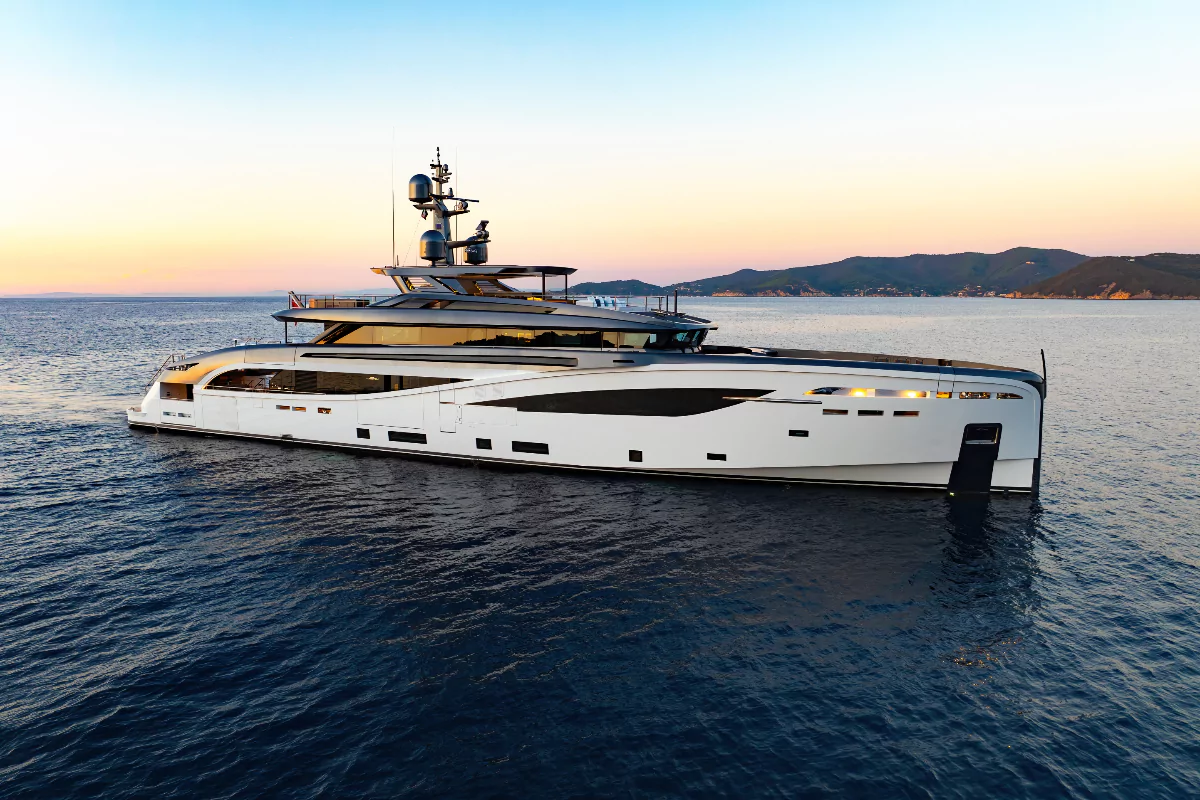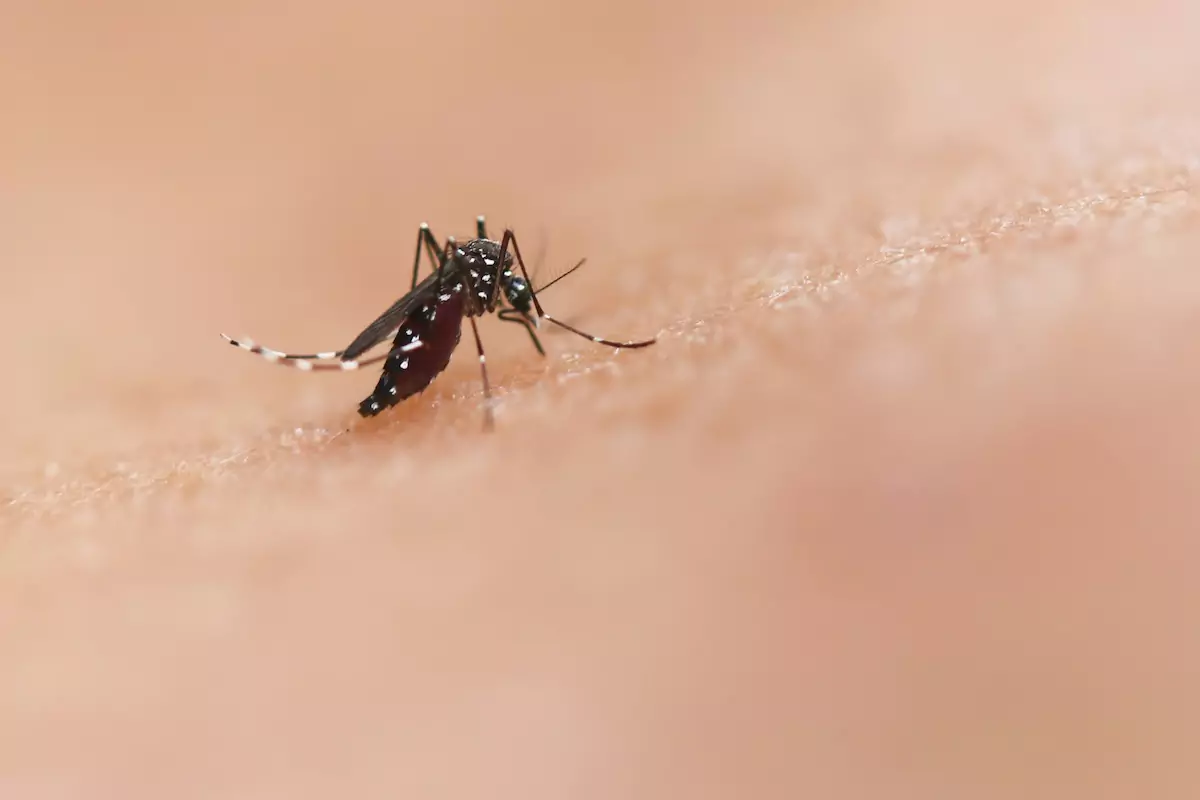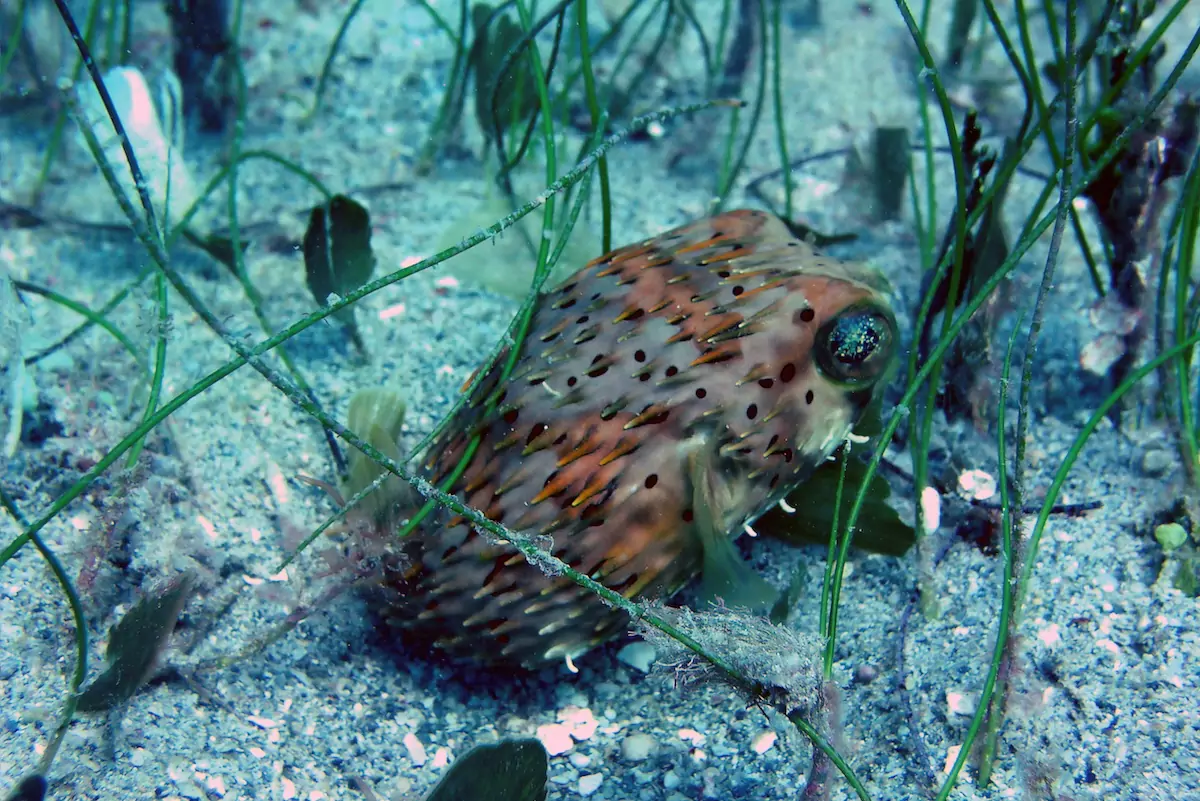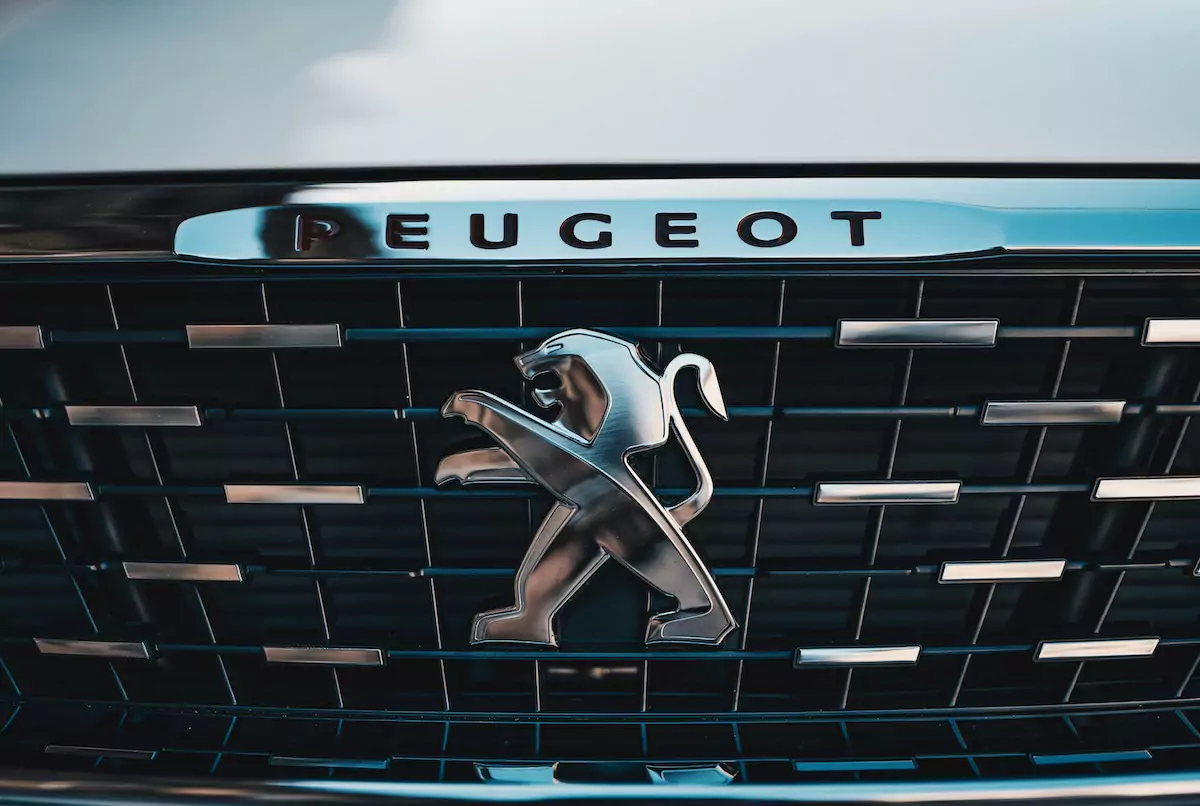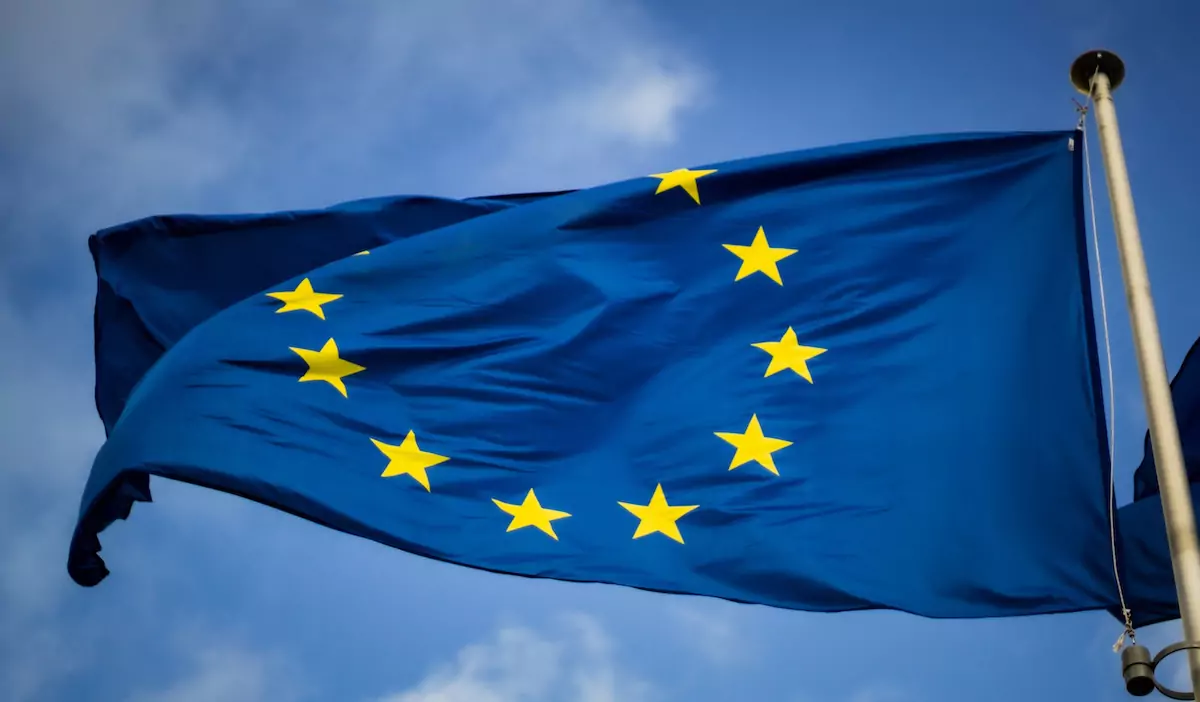The Monaco Yacht Show Summit returns from 24th to 27th September with sustainability at its core. This year’s programme centres on Monaco’s new Blue Wake initiative, designed to highlight eco-responsible solutions in yachting.
The summit kicks off with the Grand Opening Night on Tuesday 23rd September at Le Méridien Beach Plaza, where the first Blue Wake Awards will recognise companies leading environmental sustainability in the sector. The awards replace traditional yacht showcasing with recognition for practical environmental solutions already being implemented.
The opening conference on Wednesday officially launches the 34th edition, focusing on tangible progress in sustainable yachting.
Seven panel discussions
SuperYacht Times is organising seven roundtable discussions at the MYS Conference Hall above the Yacht Design & Innovation Hub at Port Hercule.
Wednesday starts with electrification in yacht propulsion at 14:40, hosted by Justin Ratcliffe, while at 16:00, Sophie Spicknell leads a discussion on underwater noise pollution.
The day ends with an exclusive screening of ‘Ocean with David Attenborough’ from 18:15-21:00, with director Toby Nowlan hosting a Q&A session. Access is by invitation only.
Thursday covers sustainable marina development at 11:00 with RAK Properties, The Ocean Cleanup, Safe Harbor, and MDL Marinas.
Meanwhile, the afternoon sessions examine yacht refits as a sustainability pathway at 14:40 and sustainable luxury design at 16:00.
Friday concludes with yacht stability challenges at 14:40. The final session at 16:00 explores sustainable superyacht destinations with representatives from Abu Dhabi Tourism, Old Doha Port, Balearic Marine Cluster, Bahamas Tourism, and Egypt Tourism Board.
Blue Wake Awards
The Water Revolution Foundation leads the awards selection using science-based methodology. Five categories include Refit/Builder Shipyard, Nautical Supplier, Luxury Products & Services, Tenders/Water Toys, and a Special Jury Award.
The jury includes representatives from the Prince Albert II of Monaco Foundation, Blue Marine Foundation, and Boat International.
All panel discussions are free with a valid MYS pass.
Stay updated with Monaco Life: sign up for our free newsletter, catch our podcast on Spotify, and follow us across Facebook, Instagram, LinkedIn, and Tik Tok.
Main photo credit: Monaco Yacht Show
